5 of the best event management tools
Events are powerful drivers for organizations of all sizes and in all industries. Those in niche B2B fields can host conferences with elite keynote speakers and in-depth discussions about market trends. Small nonprofits can fundraise for 5K runs, galas, and other events to bring in valuable revenue.
A good event brings people together and ensures they leave with something valuable, whether that’s in-depth information or fun memories.
Putting together such an event isn’t easy. Even a small meeting with a few industry leaders requires planning related to food, meeting space, technology, guest list management, and lodging. You have to focus on the smallest details — like setting up creamer and napkins next to the coffee — or your attendees might grow frustrated with the experience.
This is where event management software comes in. With the right tools, you can attend to those small details and create an outstanding event for your guests and sponsors. You can also scale up your efforts for bigger events without burning out your planning team.
Event management software: An overview
Event management software is a highly specialized tool to guide event planners and teams through the nuances of putting together a quality experience. Event planning requires internal planning and external negotiations with different parties. Attendees, sponsors, and vendors are all involved, and they are managed by a team of employees and volunteers.
Instead of requiring teams to use multiple types of software to put on a successful event, some companies have developed targeted software to keep everything under one umbrella.
The following are a few common features of event software:
- Guest experience. RSVP management, check-ins, information sharing, upgrade options, and post-event surveys can all happen in one app.
- Vendor agreements. Contracts, receipts, menus, delivery dates, and other forms of communication are all in one place.
- Sponsor relations. You can recruit and register sponsors with event software as well as report on event success and thank sponsors for their support.
- Volunteer and employee management. You can collect volunteer signups or assign employees to specific tasks for the day of your event. You can also allow stakeholders to review the plan and budget changes.
While every event is different, you’ll probably need your event management software to cover at least one of these functions. Some advanced teams need all four — and sometimes more.
Top event management software tools
You’ll find a number of event management software options as you upgrade your processes. Here are a few top picks prominent brands currently use, with unique features, pricing, and options to fit your specific event needs.
1. Bizzabo
Bizzabo offers registration and planning tools with a focus on the people who go to your events. This system enables you to create an event website that contains all of the relevant information your guests need. And you can communicate changes with your invitees — which is useful as you get closer to the event — and provide more details related to parking, VIP upgrades, and other perks.
Bizzabo also caters to organizations that need sponsors to fund their events. Event planners can prove the ROI to sponsors by reporting on attendance, engagement, and guest experiences. Planners can also offer sponsorship upgrades through the interface and share with guests any special offers from the sponsoring companies using push notifications.
Bizzabo has adapted throughout the COVID-19 pandemic by offering virtual event planning and helping organizations create value for attendees even when planners are located across the country. Through their tools, attendees can break out into smaller sessions (which is essential for conferences) and then come back together as a whole group for a larger discussion. There are also speaker management tools to make sure each presenter is ready and able to address the virtual crowd.
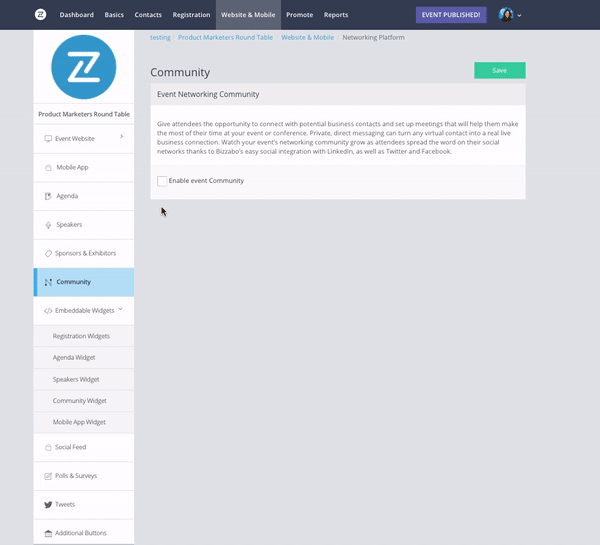
2. Cvent
Both organizations and professional venues use Cvent for event management. It’s ideal for large organizations that regularly put together events. There are check-in tools and work assignments that you can organize and assign to volunteers or staff and marketing options to increase buzz around your event.
One of Cvent’s most useful features is the dashboard. It provides clear data on spending and allows multiple stakeholders to request and approve budgets. For example, an executive can review the current proposed budget and approve it before the planners move forward. This makes reporting easy and keeps everyone on the same page.
This system also taps into analytics and marketing tools to provide event insights in the days following your program. You can send attendees surveys and track other metrics to find out what people thought was valuable and what you should consider doing again.
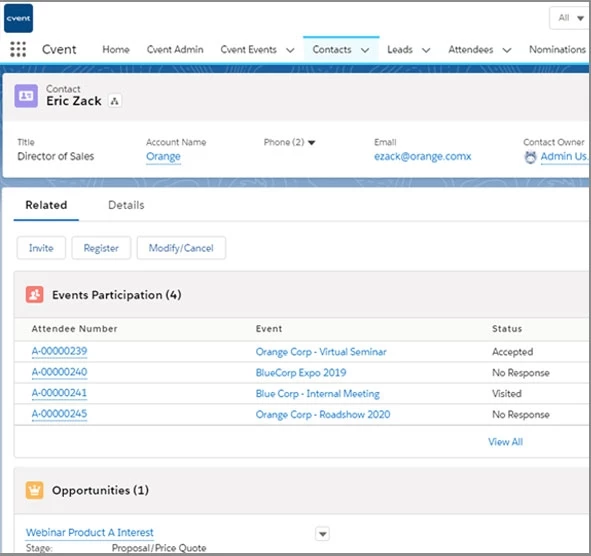
3. Jotform
Jotform offers a variety of tools for event planners who want to make sure they have all of their event details in order — starting with the event signup process. Guests can easily RSVP and submit relevant information — whether they’re providing professional details for a B2B webinar or choosing between chicken or fish at a wedding — through customized event forms.
As your guest list grows, your team can put together events with dedicated event planning templates to help make a fundraiser, party, or conference a success. Jotform also offers event booking forms for vendors and performers who need to submit their information to a venue or event space. You can customize these templates to meet your needs.
Jotform offers discounts to nonprofits and educators, making it easier for you to plan your next gala or student showcase and ensure it’s a success.
4. Fonteva
Fonteva is one of the top options for B2B conferences and summits. Trade associations, professional societies, and organizations that connect industry leaders across the world use it to plan their events.
In fact, Fonteva has served 90 million users and customers to date. It’s used in more than 100 countries, which makes it easy to invite international guests and manage their registrations and payments.
This system enables brands to put together virtual or in-person events with an easy registration process. Planners can manage speakers (including their bios, slide decks, and takeaway resources) to ensure that presentations run smoothly and attendees have access to the information they need.
Fonteva is a Salesforce product, which means users familiar with that brand will be able to navigate and integrate the tool with ease.
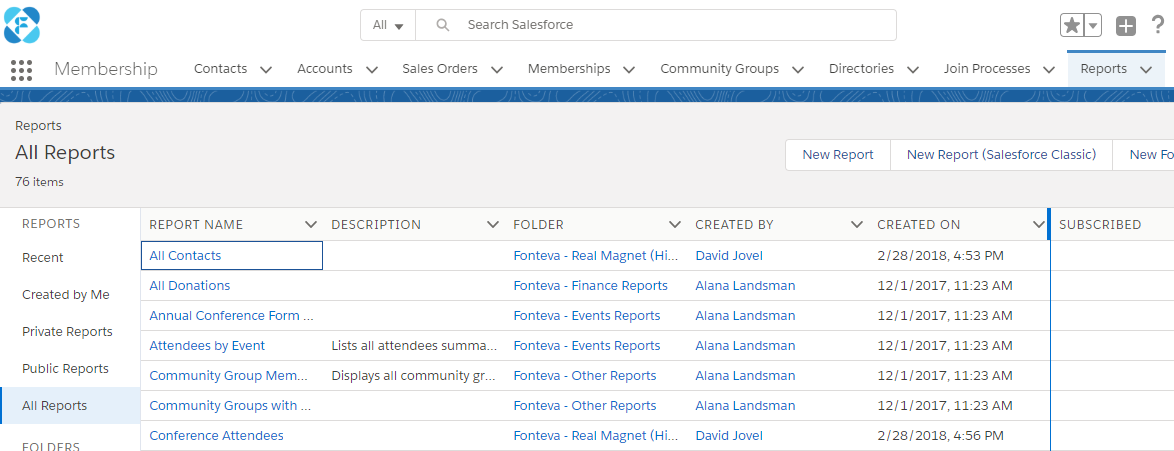
5. Tripleseat
Tripleseat boasts a user base of over 60,000 event sales managers and a 98.8 percent recommendation rate. The majority of its employees have hospitality experience, which enables them to help customers navigate challenges and improve their events.
This event management software tool is recommended for restaurants, hotels, and unique venues that frequently put on events of various sizes and styles. A large restaurant, for example, could have four or five different events each week — including live music experiences, weddings, birthday parties, and corporate dinners.
Tripleseat allows you to easily send banquet event orders, proposals, and contracts to your venue’s customers. You can also work with caterers, bartenders, entertainers, and photographers outside of your internal staff. Organized filing and e-signature capabilities ensure you can quickly finalize contracts.
Tripleseat also has a bookings calendar to manage different events. This is valuable if you host multiple events each day at different locations. For example, a hotel with several conference rooms might book a professional meetup in the morning followed by a wedding in the afternoon.
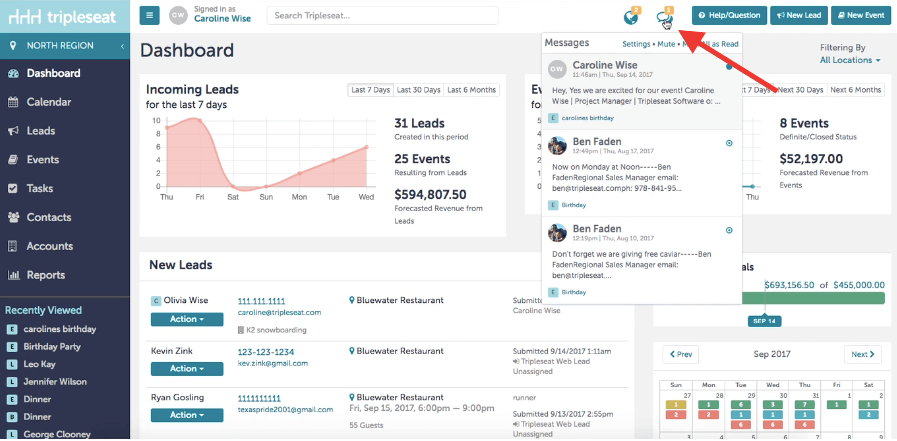
Benefits of a comprehensive event management app
The days of event planners flipping through thick binders or clicking through endless spreadsheets are coming to an end. Putting together a flawless fundraiser or valuable conference can be much less stressful if you use event management systems.
Instead of placing the burden on one planner, teams can collaborate to achieve their goals, and managers can delegate to staff virtually. Stakeholders and sponsors can learn more about the event without asking busy team members to provide reports. These factors all work together to improve the attendee experience and entice people to come to your next event.
Image by: StockSnap





















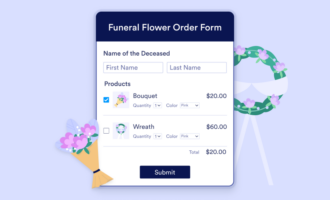




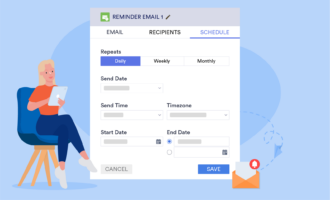



























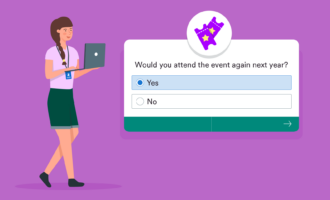
Send Comment:
1 Comments:
More than a year ago
Superb, Very nice information. Keep sharing